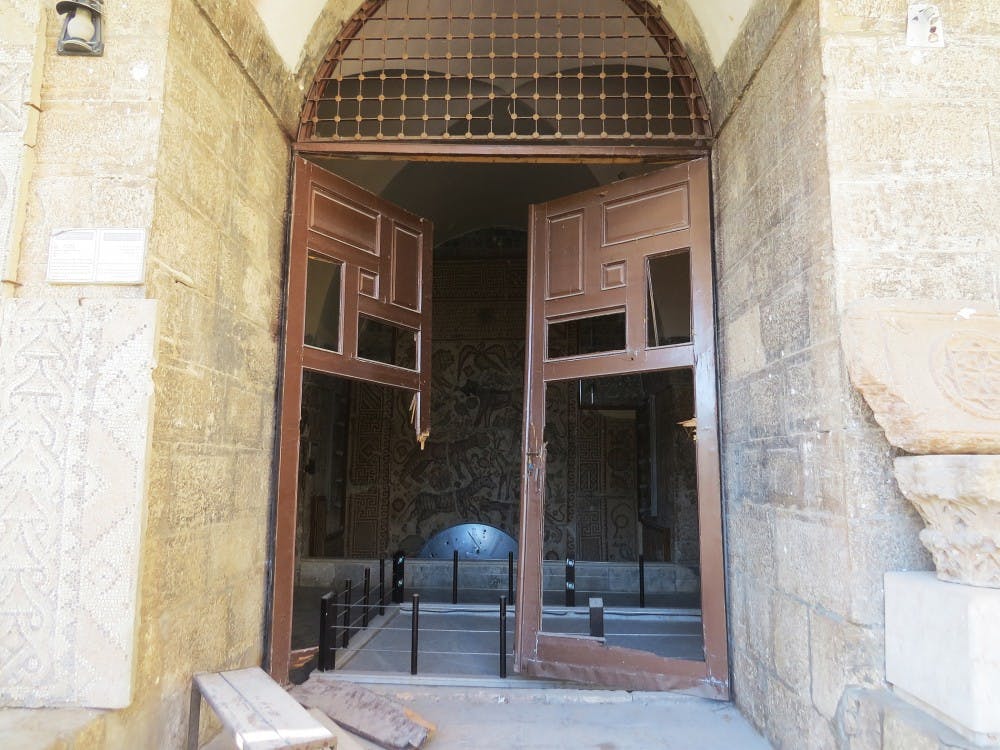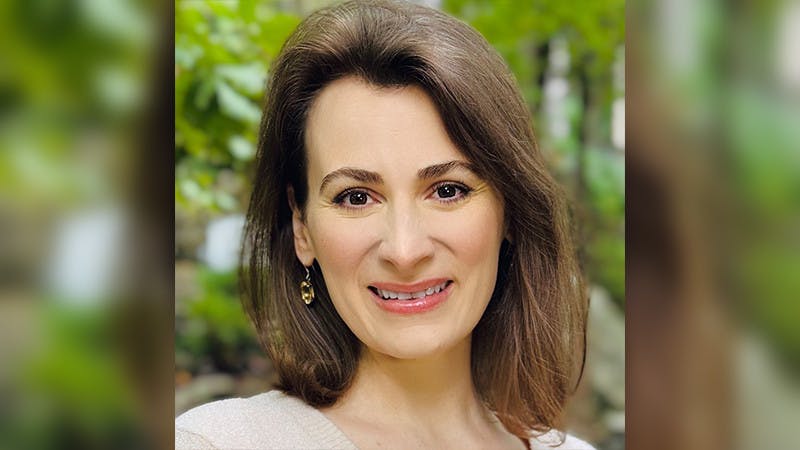
When the Iraqi government was overthrown, looters destroyed religious and cultural artifacts. Now with chaos reigning in Syria, Penn researchers are trying to preserve Syrian heritage before its remnants are destroyed.
The Islamic State group has destroyed Byzantine palaces, Christian graves and Roman bath houses in Syria in an attempt to wipe out the country’s non-Islamic history.
But since February 2013, Penn’s Cultural Heritage Center has been working with Syrians to safeguard the country’s artifacts and heritage sites from the Islamic State group, President Bashar al-Assad’s forces and looters. The center’s Safeguarding the Heritage of Syria Initiative, started by researchers Richard Leventhal, Salam Al Kuntar and Brian Daniels, is the only organization working to help both Syrian activists and preservationists.
“We are trying to understand how cultural heritage is being actively destroyed, not simply as a coincidental activity of warfare, but a strategic method aimed at destroying people and their identity,” Leventhal said.
Recently , the Safeguarding Initiative has worked closely with the Ma’arra Museum, which holds early Byzantine mosaics. “This particular museum was bombed by Assad forces and attacked by ISIS, and one of the things we’re trying to do is work with the curators to preserve the mosaics and portable collections of pottery,” Daniels said. “We have been sending preservation supplies like tyvek, a special conservation packing material, so they can pack and store the collections.”
The Safeguarding Initiative, partnered with the Smithsonian Institute, also advises Ma’arra Museum curators on protecting collections using locally available materials like sandbags.
“I think this one museum is one of our bigger success stories, and we are looking to replicate these processes elsewhere,” Daniels said.
Over the summer, Leventhal, Al Kuntar and Daniels organized training sessions for Syrian activists on how to preserve and document heritage. They plan to hold another session this winter in Turkey, conveniently located for Syrians living near the country’s northern border.
The Safeguarding Initiative, which received $199,876 from the American Association for the Advancement of Science, has identified over 1,200 cultural, religious and historically important sites and tracks t he damage to these sites through news sources, satellite images and information from Syrians on the ground.
The initiative was founded when Al Kuntar, a Syrian national and former worker at the National Museum of Damascus, approached Leventhal and Daniels about working with Syrian activists on the ground. Al Kuntar helped connect the Penn researchers with Syrian archaeologists around the world, some of whom are still working Syria’s conflict-ridden regions .
“The Syrian Civil War is one of the humanitarian crises of our times, and what we are seeing is not only the murder of hundreds and thousands of people, but also the systematic efforts to destroy physical traces that certain people lived in the place,” Daniels said. “Any student on any campus with the pretense of being globally engaged needs to pay attention to something like this.”
The Daily Pennsylvanian is an independent, student-run newspaper. Please consider making a donation to support the coverage that shapes the University. Your generosity ensures a future of strong journalism at Penn.
DonatePlease note All comments are eligible for publication in The Daily Pennsylvanian.







